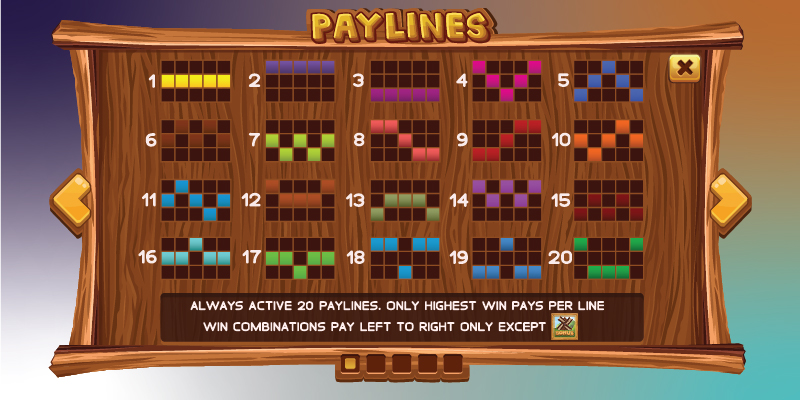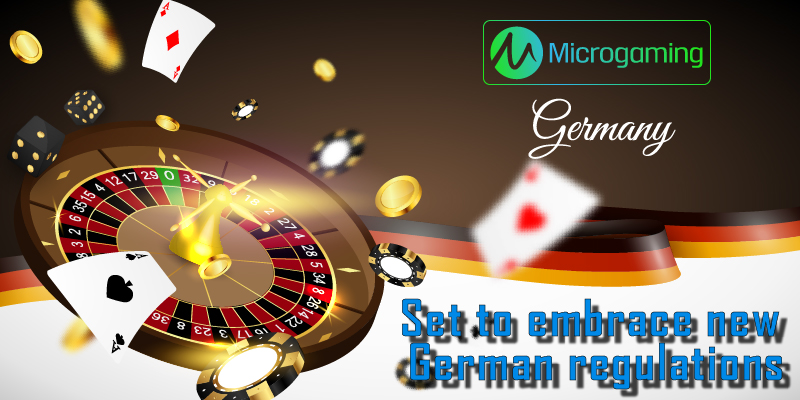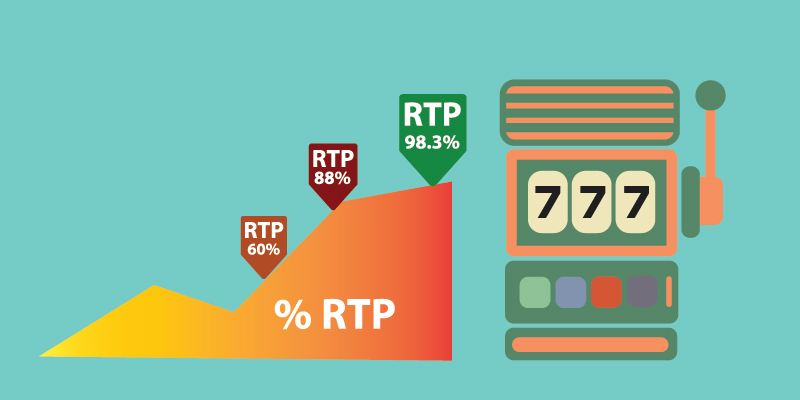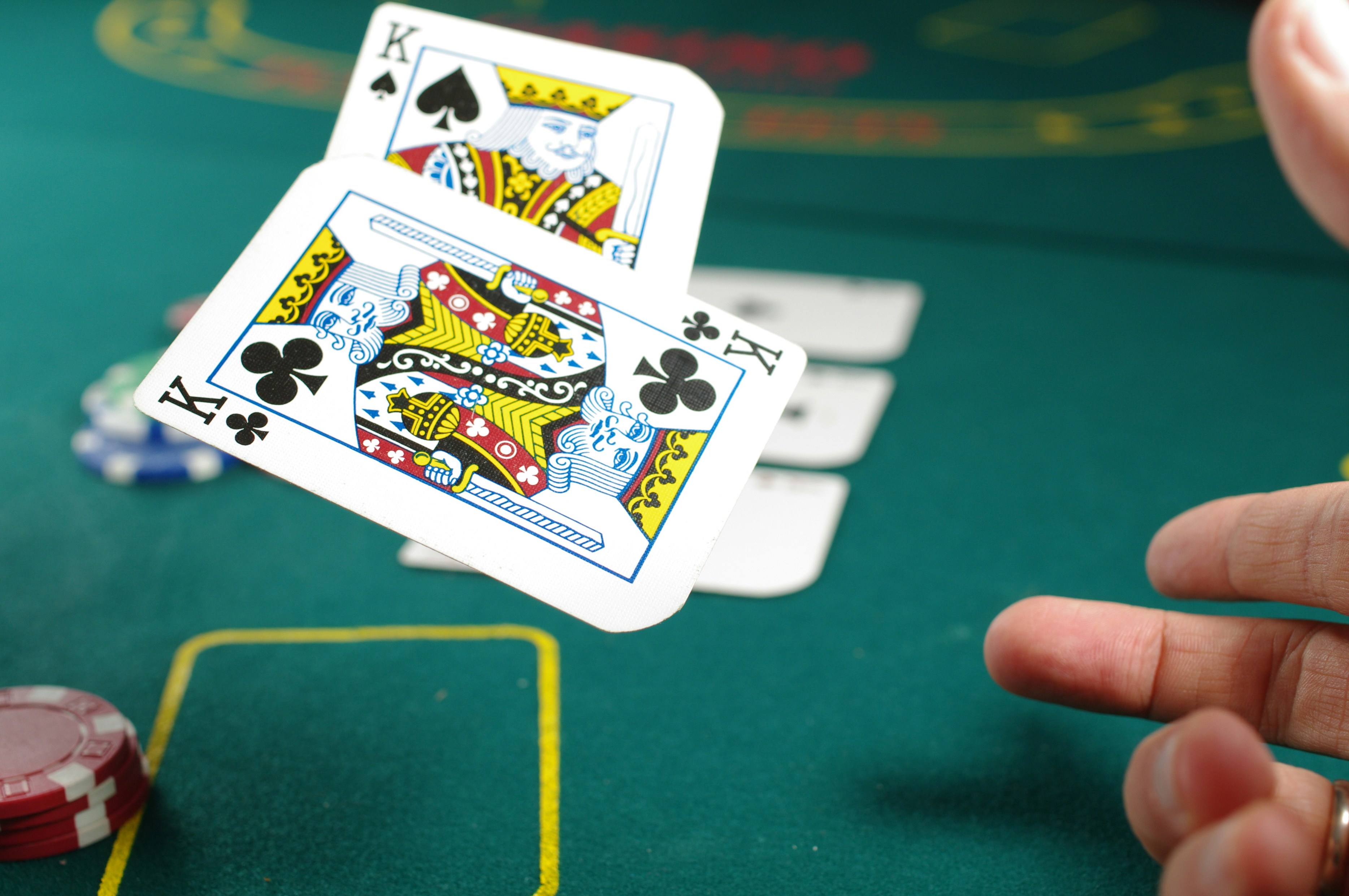New to the Casino: Here are the Most Important Gambling Terms for Newbie Gamblers
Casinos are gaining more and more ground in the 21st century. They’re particularly popular, in large part thanks to the success of the iGaming industry. For those who don’t know, iGaming refers to the industry that is focused on online casinos, bingo, slot games, poker, and all things related to gambling on the internet.
The rising popularity of both land-based and online casinos has led to a lot of newcomers becoming a part of the gambling industry. Which means that there are plenty of newbies who don’t know much about the subject, yet would like to learn more. In this article, we are going to give new gamblers a place to start, by explaining some of the most important gambling terms that one has to know.
Return to Player
Return to player, more commonly called “RTP,” is a percentile representation of the amount of cash that a casino game is expected to return over time. If you’ve visited some Swiss online casino sites, you’ve certainly come across the term. So, let’s explain how it works.
At most online casinos, you will notice that in the “About the Game” section, the developers list the RTP. The average slot Return to player is online, so let’s take that as an example. If a game has a 95% RTP, that means that it is designed to return 95 units for every 100 units wagered.
Now, it is important to note that the RTP refers to return over time. Which means, you shouldn’t expect that betting 100 at once is going to result in a win of 95. The return could happen at any time. After all, that uncertainty is what makes slots games of chance, and not skill.
When seeking out games online, you are going to want to search for a higher RTP, as this usually means a player has better odds of actually winning. Understanding RTP is important to understanding casino games, which is why it is first on our list.
House Edge
On the flip-side, we have the house edge. The house edge, or house advantage, is the complete opposite of the Return to Player. It is a percentage that shows how much money the game is expected to retain over time. In order to determine a casino game’s house edge, all you have to look at is the RTP.
If a slot has a return to player of 95%, then the house edge is the number that you get when you subtract 95 from 100. In this case, it would be 5%. So, if house edge is the total opposite of Return to Player, then we can surmise what it stands for.
In simple terms, the house edge is the amount of money that a casino expects to retain over time. So, if that number is 5%, then that means for every 100 units wagered, the casino is going to retain 5. Again, just like with the RTP, the number refers to money retained over time.
Though slots are the games most associated with RTP and house edge, these terms apply to most casino games (certain versions of poker being the exception). The idea is to look for games with a higher RTP, and therefore a lower house edge. That is the best way to make sure your odds improve.
Volatility
A lot of people, mistakenly, believe that RTP and house edge refer to the frequency with which online casinos pay out. However, that is not the case at all. The term that deals with the payout frequency of online casinos is volatility. Some may be familiar with the term due to crypto, but it is important to know what the term refers to when used in the context of iGaming.
Volatility is exactly what we said; the frequency with which online casinos pay out. Unlike Return to Player or house edge, volatility is not represented through percentages, but rather degrees. What we mean by this is quite simple;
- Low Volatility: a game with low volatility pays out more frequently. The downside here is that the payouts are smaller, which some gamblers may dislike. However, low volatility games provide a steady and consistent gaming experience.
- Medium Volatility: Medium volatility is a bit less frequent than low volatility in terms of payouts. However, it isn’t infrequent enough to be defined by it. The payouts are also higher than the average low volatility slot, but not so high as to make the eyes pop.
- High Volatility: The total opposite of low volatility games, high volatility means that a game pays out infrequently. However, when it does pay out, the reward is quite large. High volatility games may provide an unfulfilling or inconsistent experience, but on a win the reward is impressive.
Payment Methods
Finally, we come to the description of payment methods. Once upon a time, online casinos relied solely on credit cards. After all, back in the 1990s, there weren’t many other ways to make online deposits. However, in 2024, online casinos accept a wide variety of payment options, from crypto to e-wallets, and of course cards.
Different payment options vary in terms of popularity. However, credit cards remain on top. The reason is simple; most people are familiar with credit cards, and a good chunk of the population owns at least one card. A lot of casinos have also opened up to the idea of accepting debit card-based payments, which are a lot more popular in Europe and parts of Asia.
Crypto gambling has also become a huge hit, to the point that there are certain websites that only work with crypto. These sites are called crypto casinos, and they are gaining a lot of popularity. Here, you can wager using Bitcoin, Ethereum, Litecoin, Tether, and even some of the lesser-known cryptocurrencies, that don’t get a lot of attention. However, most would recommend sticking to the well-established and respected ones.
Finally, digital wallets are a huge hit as well. Though they do have the downside of relatively hefty transaction fees, e-wallets provide a quick and fast method for making deposits and withdrawals when gambling online.







.png)








